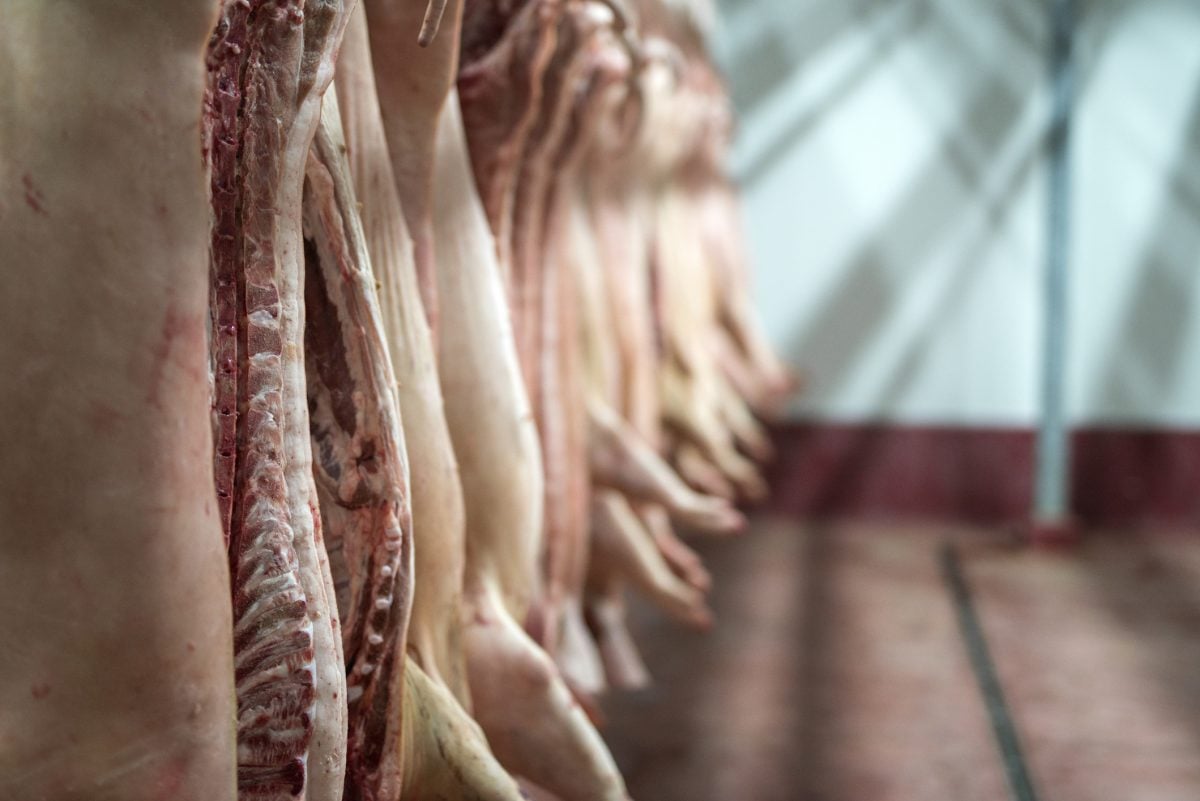Luxembourg | Reuters — European Union trade ministers meet in Luxembourg on Tuesday aiming to approve a free trade agreement with Canada but facing regional opposition in Belgium that threatens to scupper the entire deal.
All 28 EU governments now back the Comprehensive Economic and Trade Agreement (CETA), which would be the bloc’s first trade accord with a G7 country. But they risk not getting the unanimity they seek because the French-speaking south of Belgium does not support it.
Belgium has a centre-right coalition firmly in favour of CETA, but its peculiar structure means it cannot sign up without backing from all five sub-federal governments representing its regions and its linguistic communities.
Read Also

U.S. livestock: Cattle slip back, hogs gain
Chicago cattle futures slipped back on Friday after Thursday’s pause. Hog futures crept upward. Most-active December live cattle futures closed…
EU and Canadian negotiators sealed an accord in 2014 after five years of talks, since revising a particularly contentious section on investment protection and in the past month hatching a binding declaration to show the limits of the trade pact.
The latter won over most doubters, including wavering Austria. But Belgium’s French speakers continued to say ‘Non.’
EU ministers responsible for trade meet from 9 a.m. A positive vote would pave the way for CETA to be hailed as a success by EU leaders at a summit in Brussels on Thursday and then to be signed at an EU-Canada summit attended by Canadian Prime Minister Justin Trudeau on Oct. 27.
Assuming the European Parliament then approved the deal, it would likely enter force provisionally next year. This would allow an immediate removal of import tariffs on 98 percent of goods, but would leave out the most contentious aspect of the deal — a court to protect foreign companies’ investments.
CETA supporters say it will increase bilateral trade by 20 per cent and boost the EU economy by 12 billion euros ($17.3 billion) per year and Canada’s by $12 billion.
The deal would be the first time Canada’s states and municipal governments have committed to opening their markets for procurement to EU suppliers and allow Canadian farmers to export much more pork, beef and wheat to Europe.
CETA critics say it will start a “race to the bottom” in labour and environmental standards and give big business the ability to dictate government policy with the threat of legal action in a special investor court if they resist.
Among those critics is Canada’s National Farmers Union (NFU), whose president Jan Slomp on Monday wrote an open letter to the parliament of Belgium’s Wallonia region, congratulating its representatives “for your strong stance against CETA in spite of all the pressure on you to abandon this principled position.”
CETA, Slomp wrote, would also “damage our protected dairy market, betray farmers’ interests in intellectual property protection related to seeds, obstruct local food procurement and further entrench the deterioration of transportation and regulatory policy.”
— Reporting for Reuters by Philip Blenkinsop. Includes files from AGCanada.com Network staff.
















